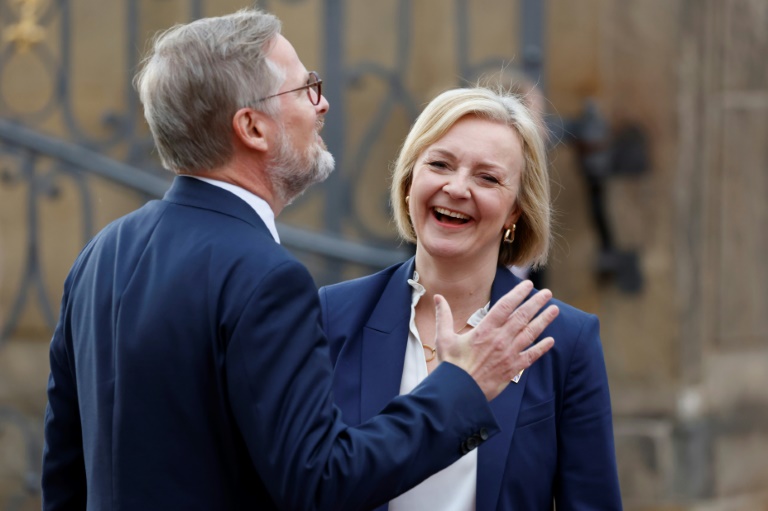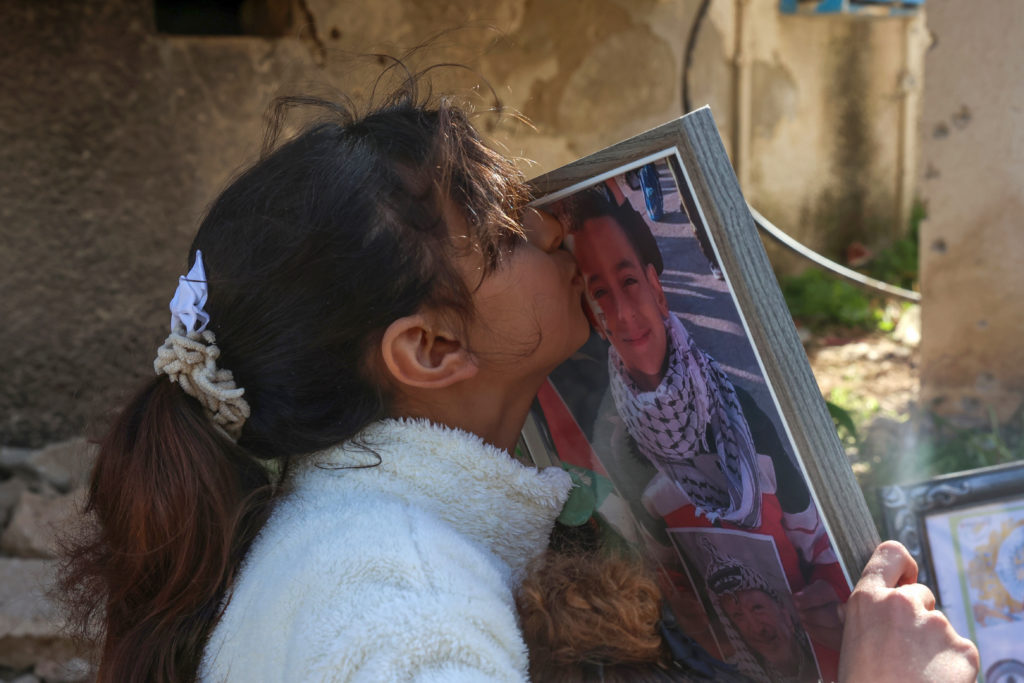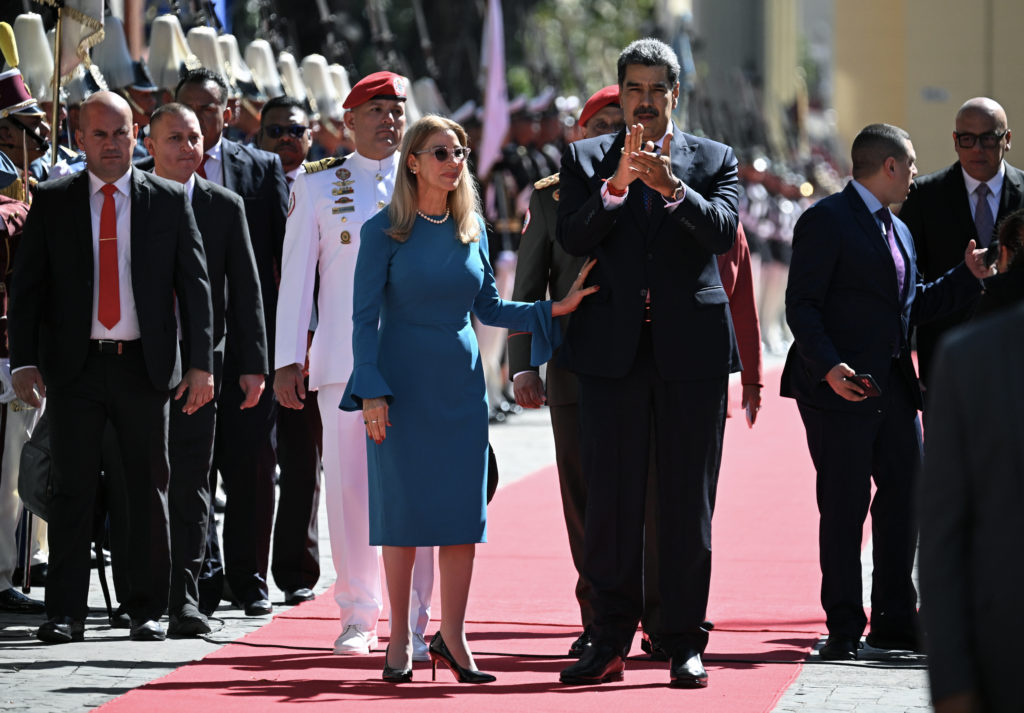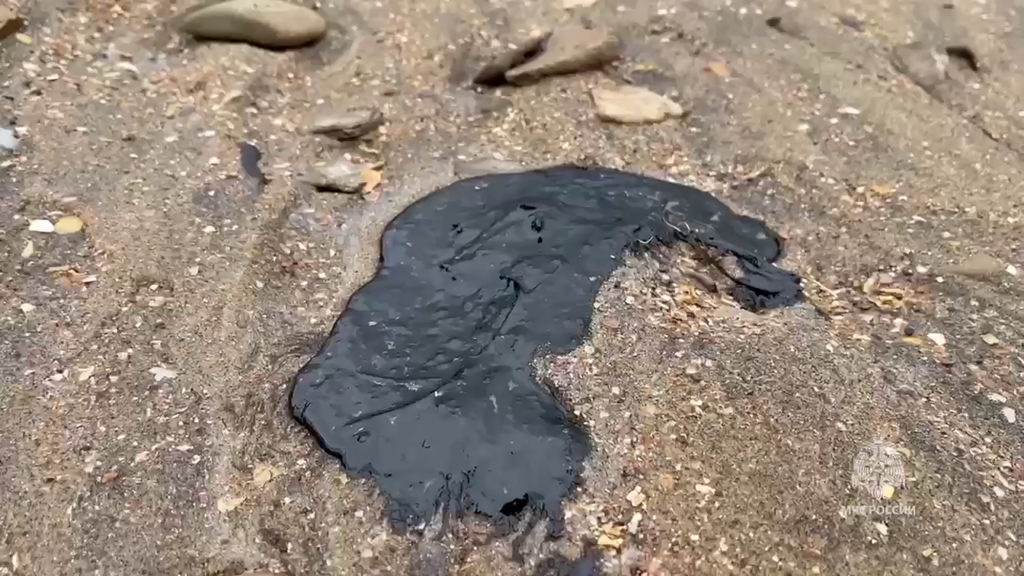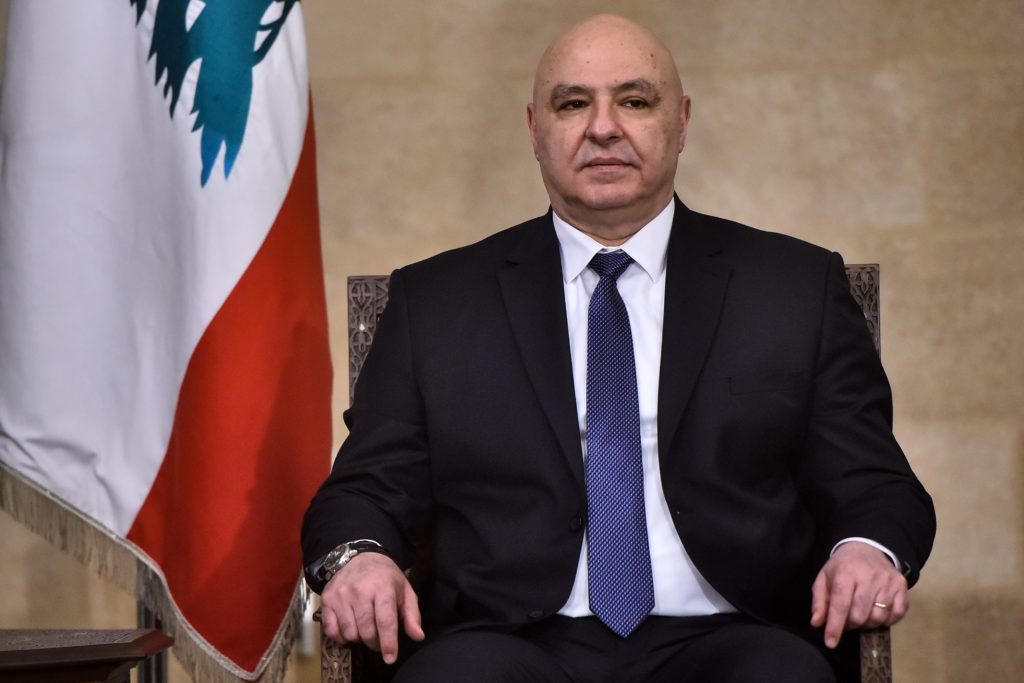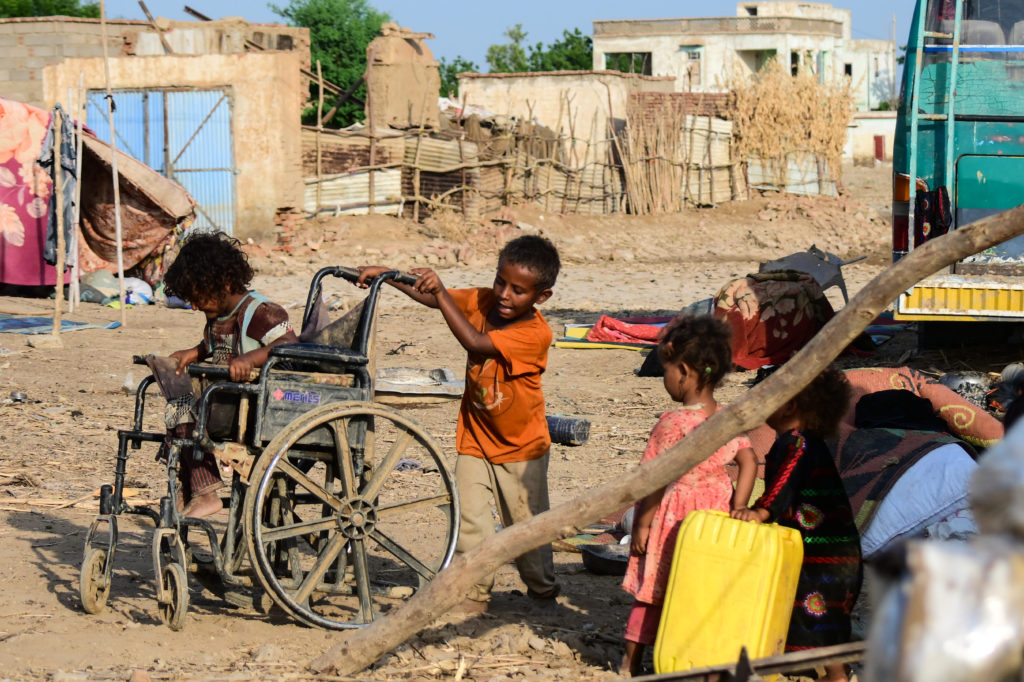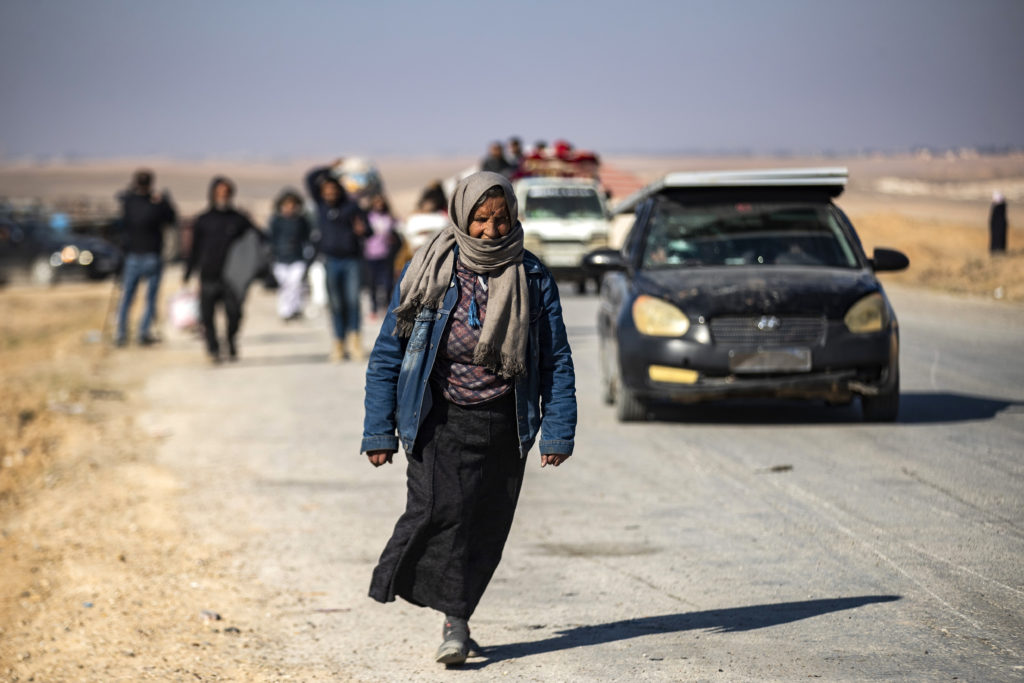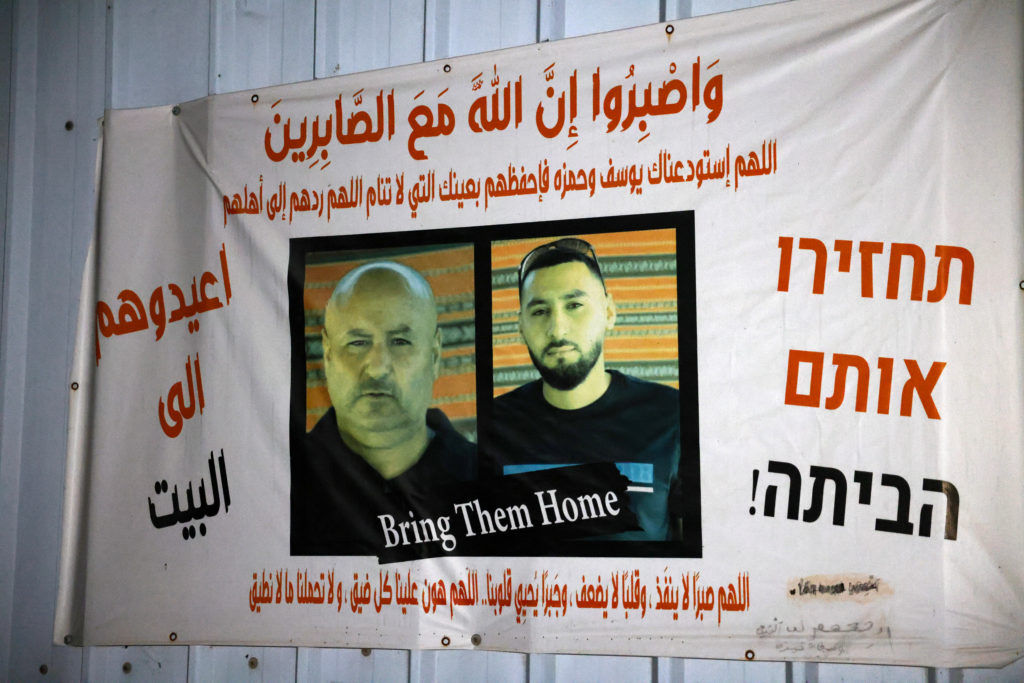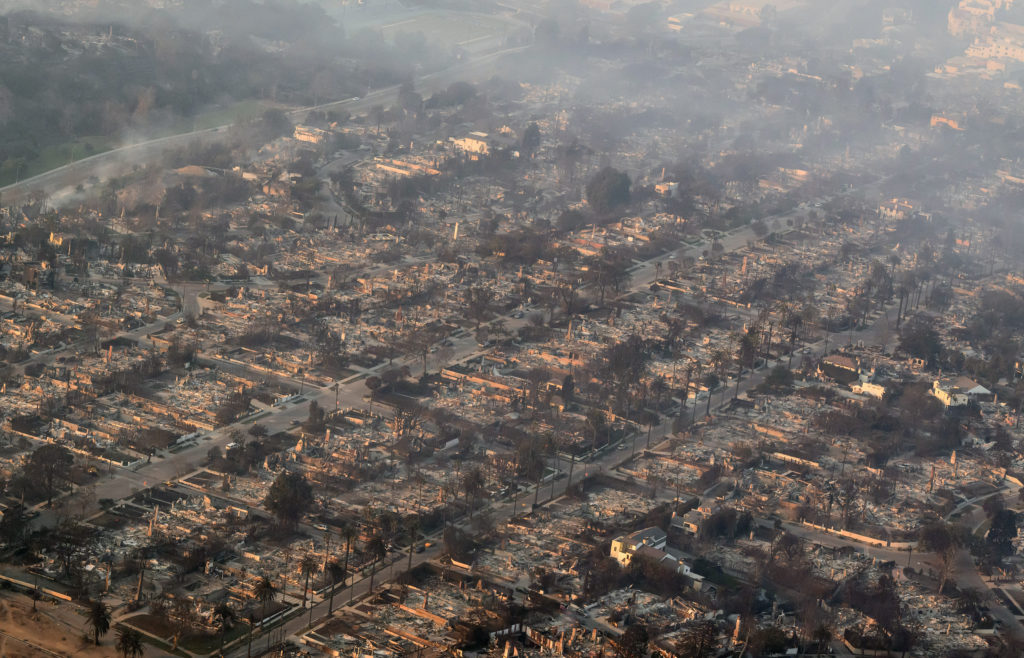Leaders from across the continent met in Prague for the inaugural summit of the "European Political Community"
Leaders from Ukraine, Britain and Turkey joined their EU counterparts on Thursday for an inaugural summit of the “European Political Community” aimed at bringing the continent together in the face of Russia’s aggression against Ukraine.
The gathering in Prague — a brainchild of French President Emmanuel Macron — has been billed by Brussels as a “platform for political coordination” for the 44 nations attending.
But there are deep disagreements — and even open conflict — among some of the participants and scepticism that the one-day event will only be a photo opportunity.
Those meeting in the historic Prague Castle also include the leaders of Albania, Armenia, Azerbaijan, Bosnia, Georgia, Iceland, Kosovo, Liechtenstein, Moldova, Montenegro, North Macedonia, Norway, Serbia and Switzerland.
“It sends first of all a message of unity,” Macron said as he arrived for the summit.
“The objective is first of all to share a common reading of the situation affecting our Europe and also to build a common strategy.”
Russia, which is not invited, will loom over the meeting as discussions focus on the economic and security turmoil from its invasion of its pro-Western neighbour.
“If you just look at the attendance here, you see the importance,” said Belgian Prime Minister Alexander De Croo.
“The whole European continent is here, except two countries, Belarus and Russia. So it shows how isolated those two countries are.”
Ukrainian President Volodymyr Zelensky — currently overseeing a counter-offensive against Moscow’s forces — was connecting via video link from Kyiv. His prime minister Denis Shmyhal was standing in for him in Prague.
“Europe is facing its biggest crisis since the Second World War with unity and resolve,” British Prime Minister Liz Truss tweeted.
“We must continue to stand firm to ensure that Ukraine wins this war, dealing with the strategic challenges that it has exposed.”
Despite the rhetoric there are expected to be few concrete results from the summit.
France said it hopes to define potential room for cooperation among the leaders on protecting critical European infrastructure such as pipelines, cybersecurity and energy supplies.
EU officials expect to agree to hold a follow-up gathering of the community in six months in a country outside the bloc, with Britain and Moldova both offering to host.
While there are major questions over the usefulness of the enterprise, there will be a lot of activity on the sidelines as leaders hold bilateral talks.
– ‘Talking shop’ –
The gathering at least passed its first hurdle of convincing key European powers outside the EU to show up.
Truss, a fierce supporter of Britain’s independent path since Brexit, came on one of her first major trips abroad after taking office.
London was wary about the event being dominated by the European Union and reportedly wanted to change the name from “community” to “forum”.
Truss may be hoping for a respite from her woes at home after unleashing turmoil on Britain’s economy. But she could face a tricky ride from EU counterparts over UK efforts to renegotiate the post-Brexit trade deal for Northern Ireland.
“I welcome the opportunity to work with leaders from across the continent in this new forum,” Truss wrote in the Times newspaper.
“But this must not cut across the G7 and NATO, and it must not be a talking shop.”
The presence of Turkish President Recep Tayyip Erdogan had been a sore point for some.
EU members Greece and Cyprus have long-standing disputes with Ankara and the unpredictable Turkish leader is proving a headache for Sweden and Finland as a threat to their bids to join NATO.
Even more fraught could be the attendance of the leaders of Armenia and Azerbaijan, whose troops continue bloody clashes along their volatile frontier.
Armenia’s prime minister has said he will meet Azerbaijan’s president together with Macron and EU chief Charles Michel in Prague.
Those pushing to join the EU — Ukraine, Georgia, Moldova and the Western Balkan nations — have welcomed the initiative, but are on their guard about it being an alternative to membership.
“Please don’t treat European political community as a substitute,” said Lithuanian President Gitanas Nauseda.

